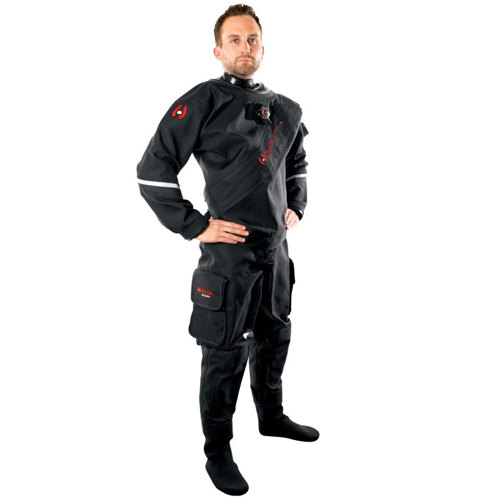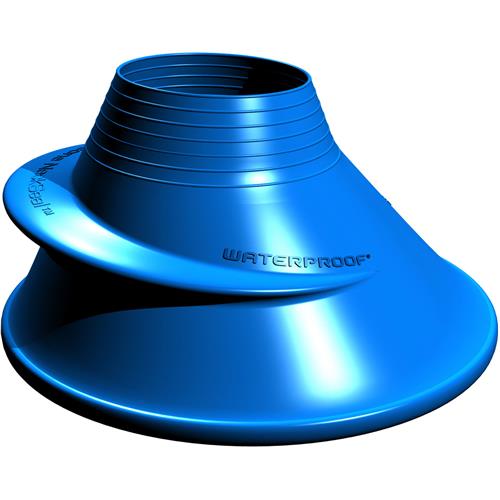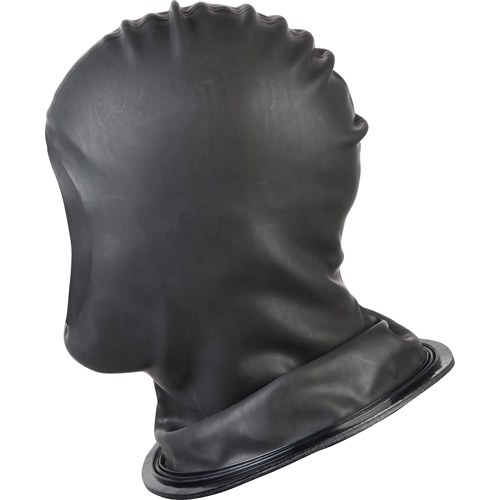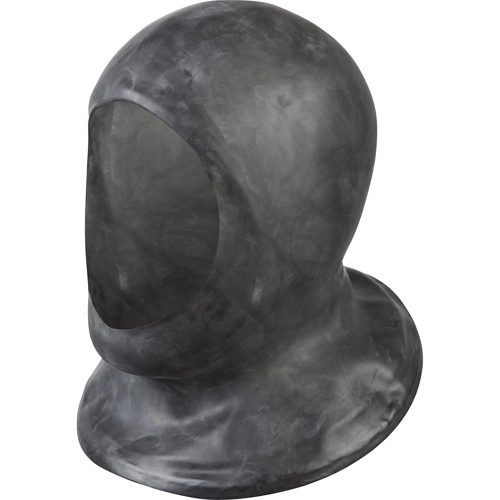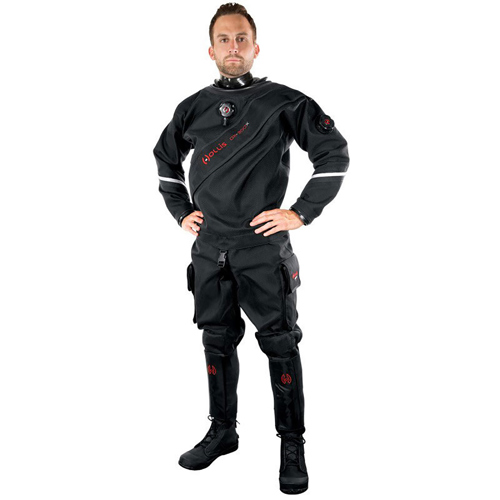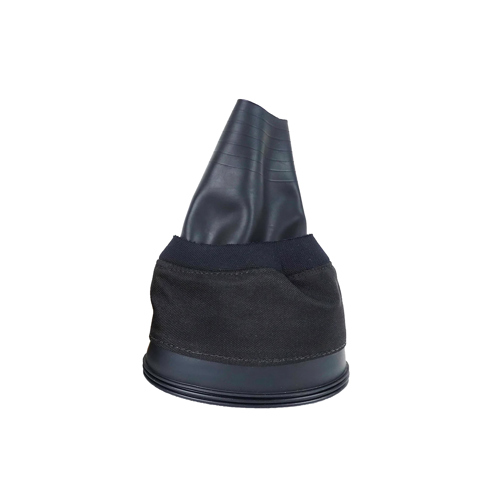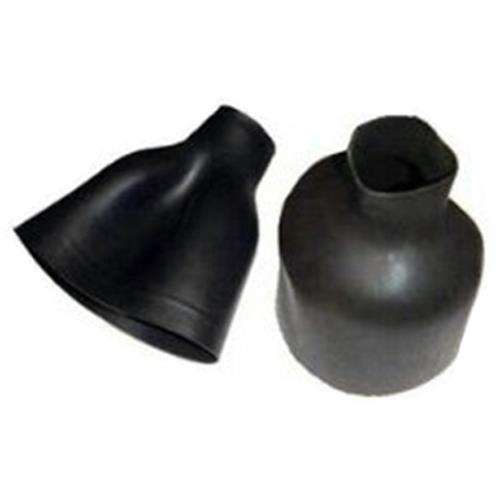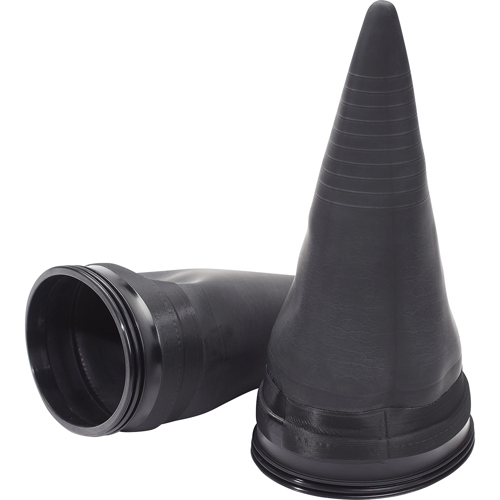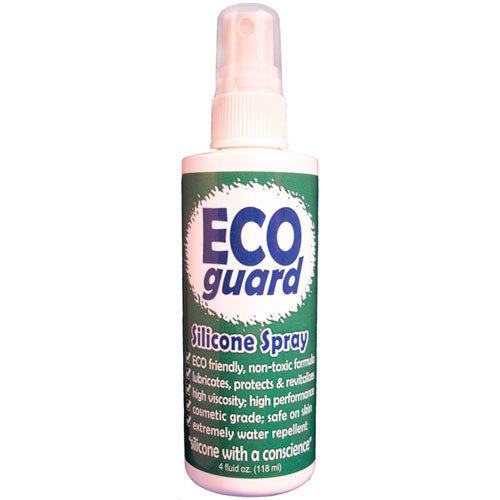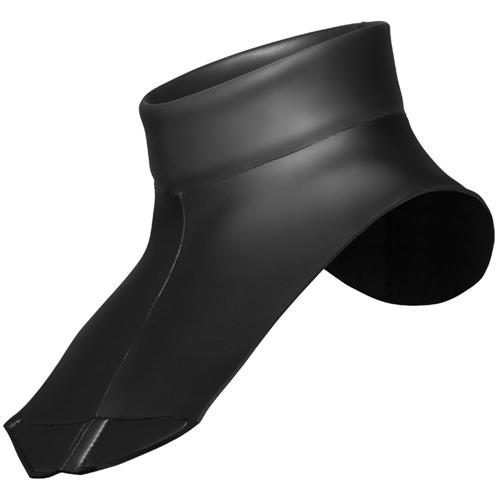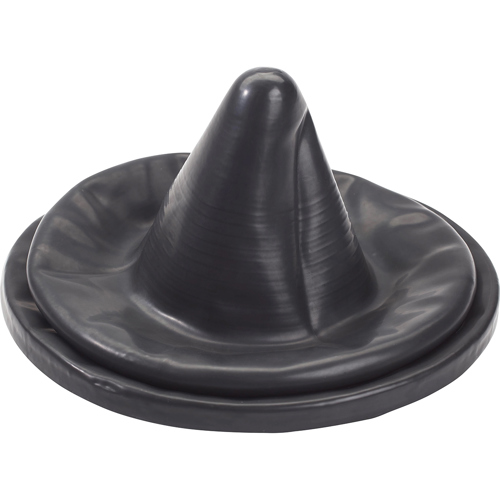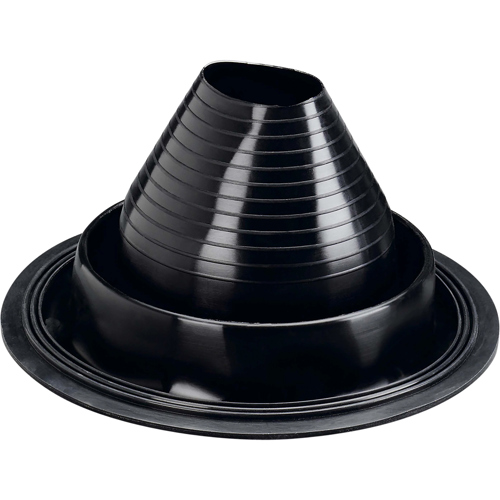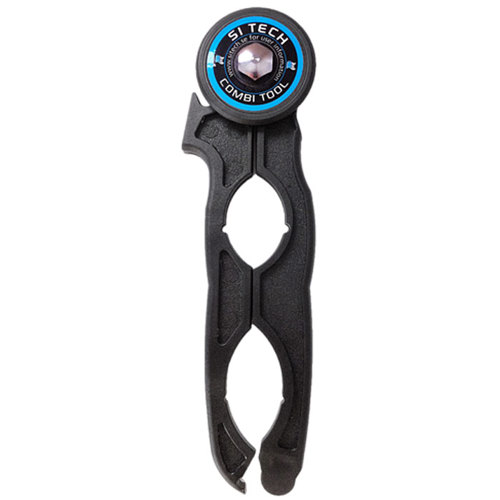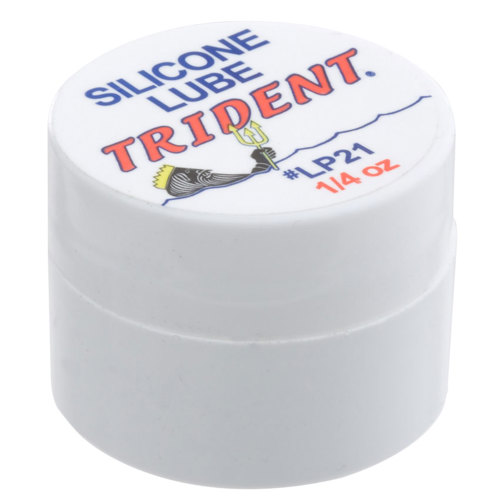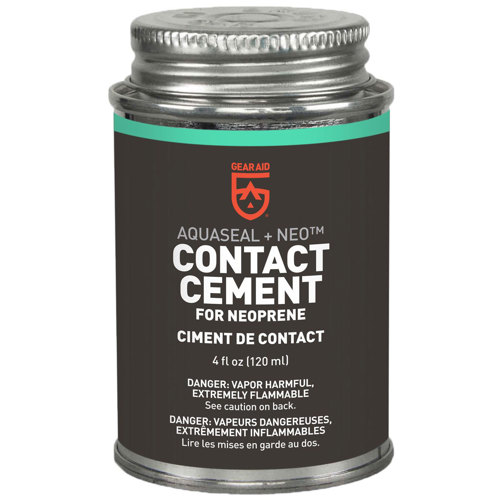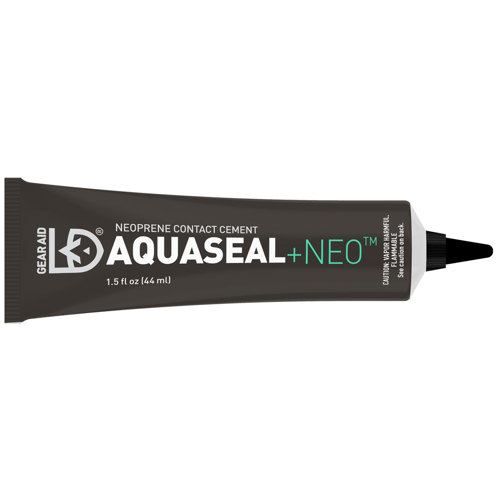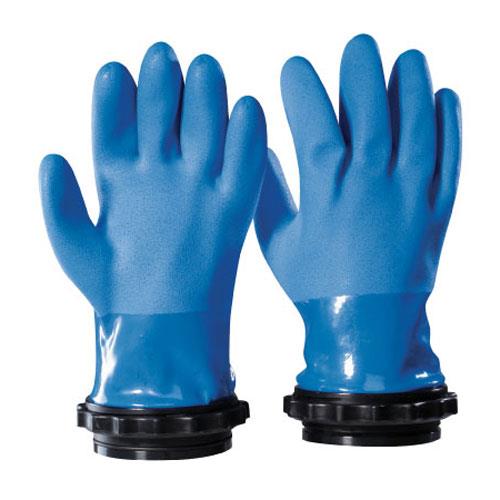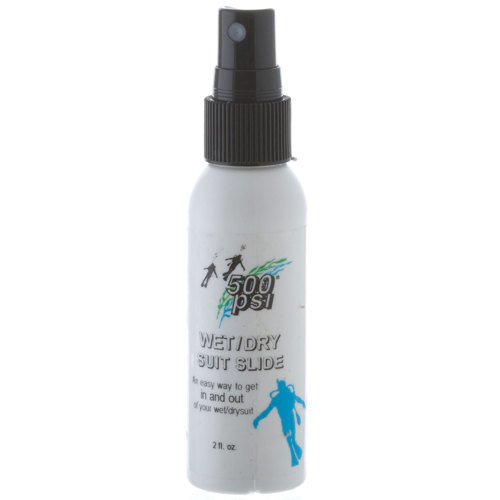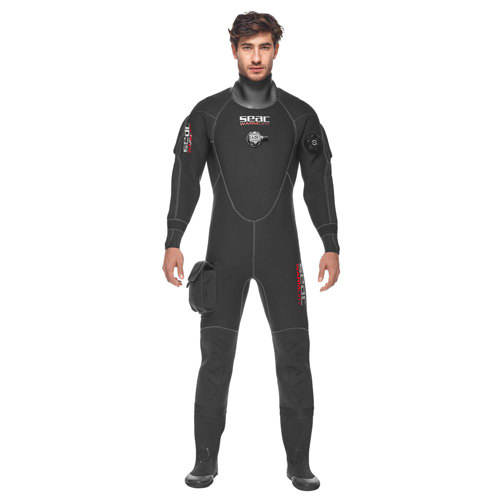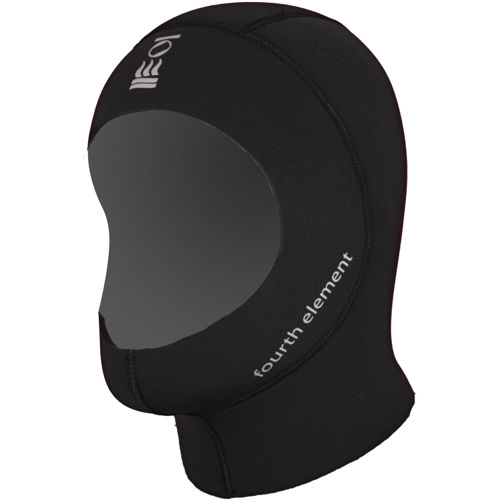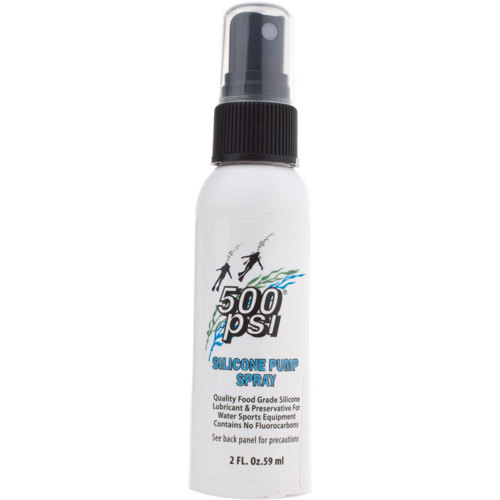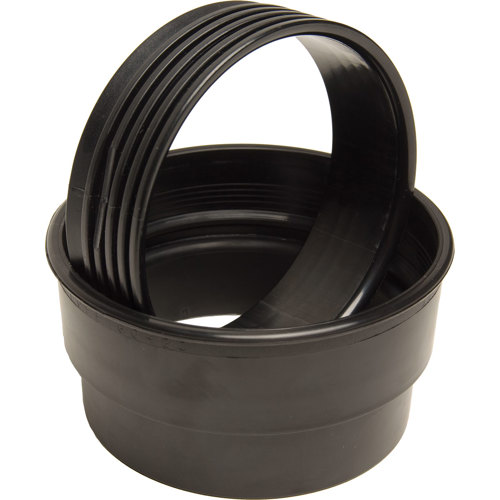Drysuit Silicone Seals
Diving into the deep blue, particularly in cooler waters, demands not just courage and skill but also the right equipment to ensure safety and comfort. Drysuit silicone seals have become a cornerstone for divers who venture into such environments, providing an essential barrier against the chilling embrace of the ocean. Unlike traditional drysuit rubber, silicone seals offer enhanced flexibility and a unique comfort that can significantly enhance the diving experience. These seals are designed to maintain a watertight closure while allowing for a greater range of motion, which is crucial during underwater explorations where agility and precision are paramount. As the seasons shift and March ushers in still-cool waters in many parts of the world, the importance of a reliable drysuit cannot be overstated for those looking to dive during spring.
The silicone seals in drysuits cater to a broad spectrum of divers, from scientific researchers who plunge into the depths for marine studies to recreational divers seeking the thrill of underwater cave exploration or the serene beauty of submerged ecosystems. For these enthusiasts, the integrity of their gear is non-negotiable. Silicone's resistance to degradation from UV light, ozone, and extreme temperatures makes it a superior choice, ensuring that the seal remains intact and elastic even after repeated exposure to harsh conditions. This durability not only makes silicone seals a wise investment but also a thoughtful gift for divers who regularly face the rigors of cold-water immersion. Gifting such gear could be a considerate gesture from loved ones who understand and appreciate the recipient’s passion for diving, providing them with equipment that enhances their safety and overall underwater experience.
For those divers who have a preference for different materials or are perhaps looking to compare options, silicone seals might be weighed against
Neoprene Drysuit Seals. Each material offers distinct advantages and choosing the right type can depend on factors like personal comfort, allergy considerations (as some divers might react to certain materials), and the specific nature of the diving activity planned. While silicone is celebrated for its comfort and durability, neoprene might be preferred for its greater thermal insulation, which can be a deciding factor in extremely cold waters. Ultimately, the choice between silicone and neoprene seals often comes down to a diver's specific needs and environmental conditions, underlining the importance of understanding the characteristics of each to make an informed decision that ensures comfort, safety, and the joy of a dive well done.


